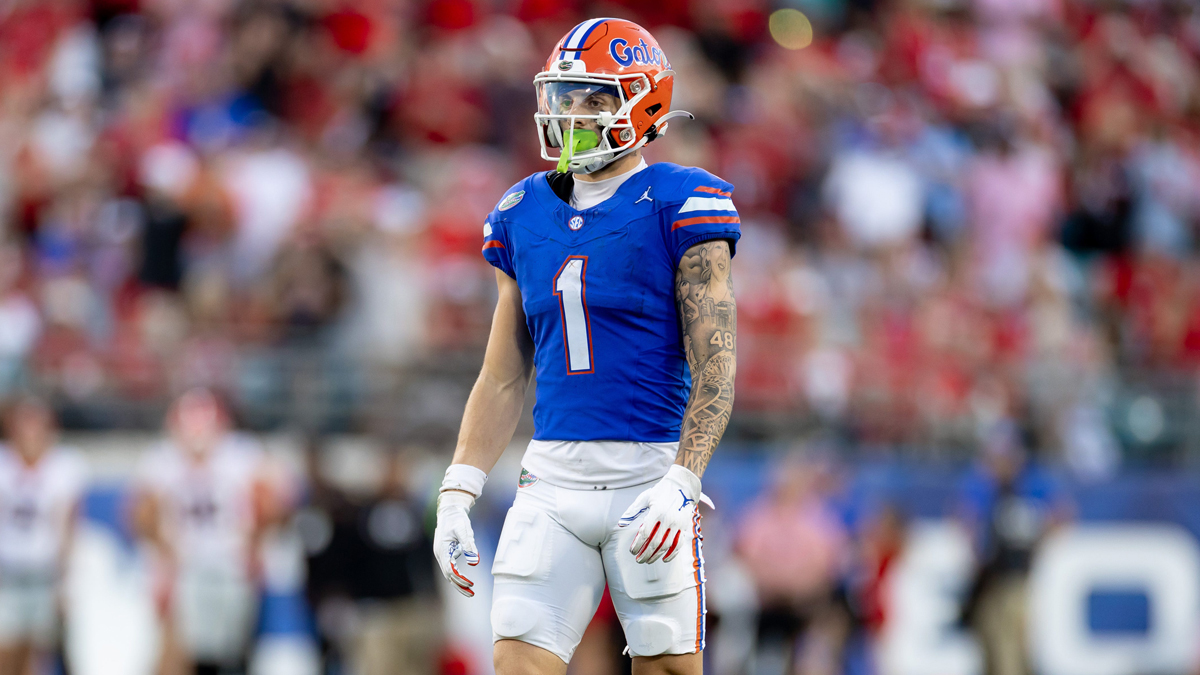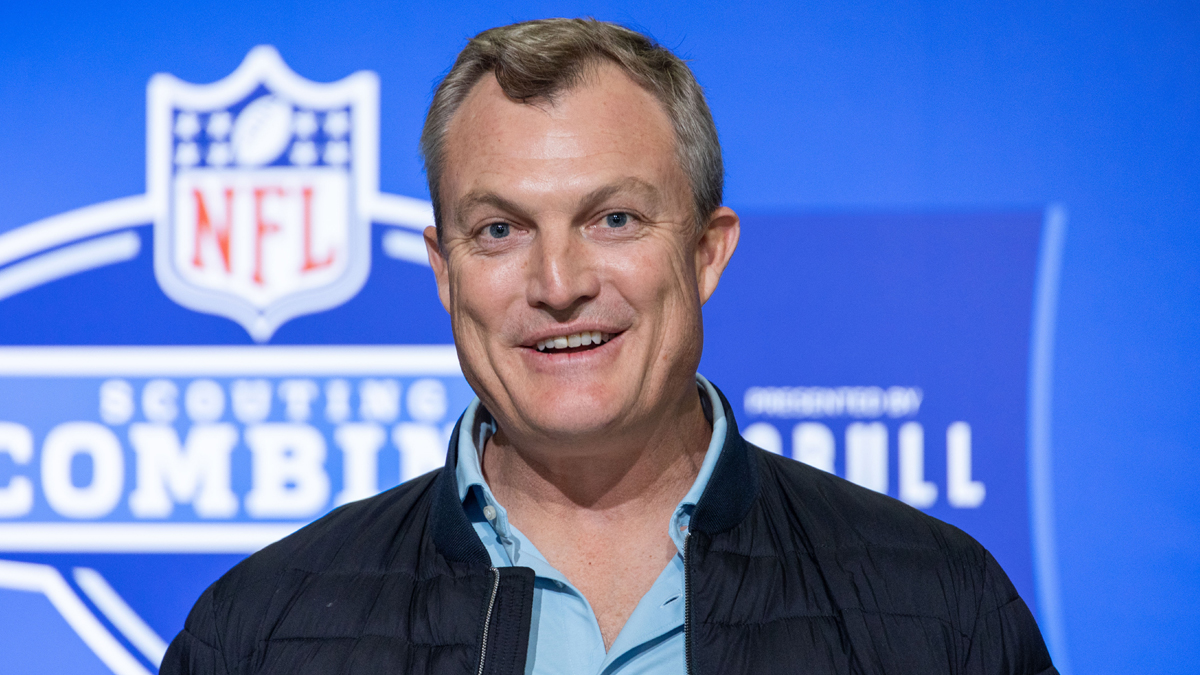ALAMEDA – Reggie McKenzie doesn’t talk to the media often, maybe a handful of times per year. That’s been the case since he became Raiders general manager in early 2012 and, throughout that time, those interactions with a common line of questioning.
Everyone wanted to know about his grand plan to return the Raiders to greatness, or a progress report on it. It was a tall order, and McKenzie never said it was going to happen fast.
He had to get right with the salary cap and completely overhaul the roster, actions nearly impossible to do in tandem. He radically deconstructed, then reconstructed in a method that would set the team up for long-term success.
This was not a steady ascent. Poor play was expected early on, though mistakes intensified tough times and muddled his vision to the short sighted.
McKenzie never wavered, trusted his internal compass and steered this pirate ship through a storm. The skies have finally cleared. His Raiders are 9-2 heading into Sunday’s game against Buffalo, armed with a franchise quarterback, elite pass rusher and a respected head coach.
There’s a hulking offensive line, a pair of top receivers and quality cornerbacks secured for the long term.
Sports
Those old questions aren't valid anymore.
Deconstruction is long done. Reconstruction is clearly complete. Now it’s on to the next phase: Sustaining success.
“The key is that your drafted players become your core,” McKenzie said on Thursday in a meeting with local press. “As far as (what's next), you need to know you can sign them and keep them and continue that process.
“That’s where we are right now, and we feel good about where we are. We think we’ve built this thing to last.”
McKenzie has done so with a three-pronged attack.
1. He has drafted extremely well, over the last three years especially, building a young core headlined by Derek Carr, Khalil Mack, Amari Cooper, Gabe Jackson and Karl Joseph.
2. McKenzie found a respected head coach in Jack Del Rio guys want to play for, with a staff focused on development.
3. McKenzie has supplemented well in free agency – importing Kelechi Osemele, Rodney Hudson Michael Crabtree and Donald Penn, to name a few -- generally without saddling himself with burdensome contracts. The Raiders were so flush with cap space a few years ago they were able to fork out huge amounts up front on contracts that become pay-as-you-go deals without dead money later on. They often use roster bonuses over signing bonuses -- roster bonuses hit the cap all at once; salary bonuses impact the cap over the life of the contract – to help mitigate long-term impact. In short, that gives the Raiders financial flexibility and cap space to play with each year.
They’ll need it soon. Raiders premier players have come cheap, but the taxman is coming. Carr and Mack are still on rookie deals, but big contract extensions are a fait accompli. The same goes for Cooper when the time comes.
“The premier players will get paid, and we’ll try and keep everything intact as much as we can,” McKenzie said. “But what happens when your talented players play well? Contracts come up at times where they can benefit from it.”
Some teams -- New Orleans, for example -- suffer with a few players consuming significant cap space. Other teams, like New England and Seattle, keep on trucking with a good quarterback, defensive cornerstones and cheaper replacements through the draft or free agency.
“You have to continue to function with some young players,” McKenzie said, “and you have to find some mid-tier veterans who can step in and play well.”
The Raiders have been good mining undrafted free agents – McKenzie takes particular pride in those – to help keep the cupboard stocked.
While the Raiders rise may seem concentrated, from 3-13 in 2014 to 9-2 nearly two completed seasons later, it wasn’t quite so quick. McKenzie’s first two seasons were extremely lean while disposing of bad contracts, with a few hiccups that led many to question his vision.
Owner Mark Davis wasn't one of them. He stuck with McKenzie, and decision that looks pretty darn smart. His GM is certainly thankful for that.
“We were in constant communication the four years leading up to this year,” McKenzie said. “Nobody’s excited about losing seasons, but he did see the promise, and he believed in me. That was enough said. I told him my process, and he knew it wasn’t going to be a quick fix. We could try, but that wasn’t my style. That says a lot, because he was probably getting it from a whole lot of people to hurry up.”



